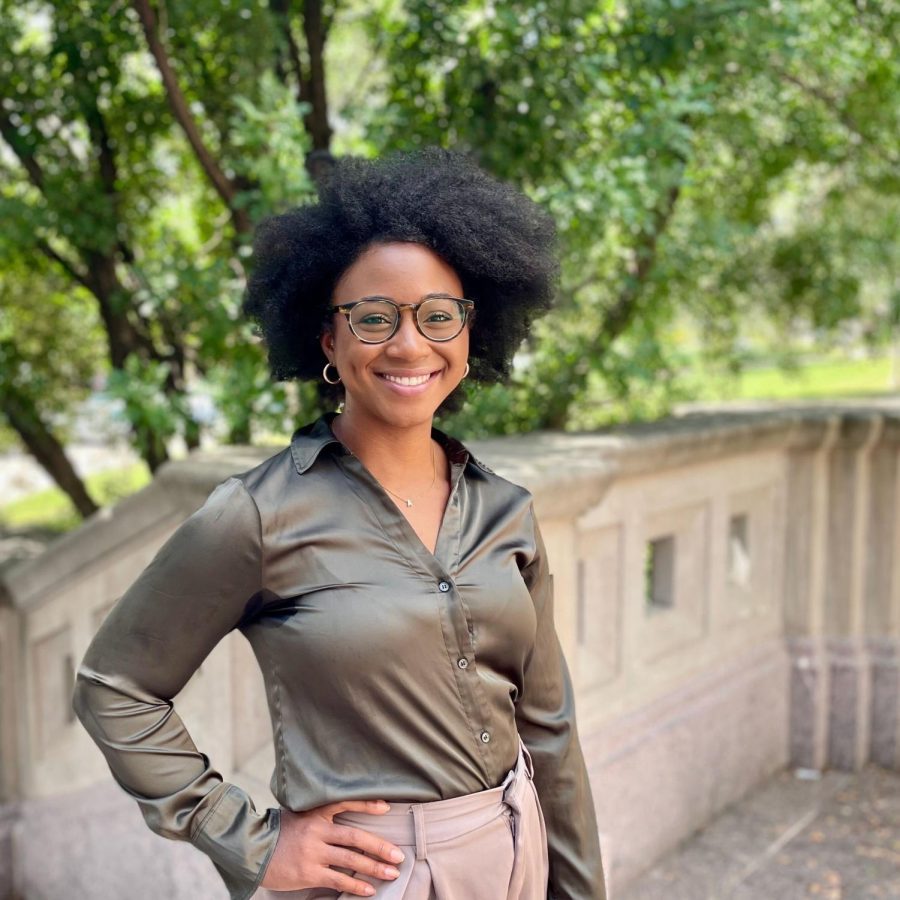Student attorney at Texas Law’s Children’s Rights Clinic wins parental termination case
October 25, 2022
Texas Law’s Children’s Rights Clinic gives student attorneys the opportunity to prosecute child abuse or neglect cases as the primary attorney. Among these students is Alyse Munrose, a third-year law student who helped siblings terminate parental rights in late August.
According to the Children’s Rights Clinic website, the program is aimed to help “students represent children in Travis County District Court as student attorneys ad litem in cases in which the state seeks custody or termination of parental rights based on allegations of abuse and neglect.”
Student attorneys at the clinic are supervised by licensed attorneys, who also sign pleadings. Munrose, along with her supervisor, clinic co-director Lori Duke, represented their clients in a five-day trial concerning the nature of the household the children lived in.
“I represent children who are engaged in the foster care system — typically a trial is a parental termination,” Munrose said. “Whether (termination) will happen or (not) is what the trial is for. Our clients did not feel safe in their home. And so what was at stake was them going back to what they believed to be an abusive and unsafe environment.”
The case was originally set to go to trial in May, but due to complications with different parties involved getting sick, Duke said the trial was eventually pushed to the end of August.
Preparing for the trial itself was a long and taxing process, Munrose said. She said she went through thousands of pages of documents.
“It probably took a few months just because we had a lot of witnesses and the history of that case had gone back quite some time,” Munrose said. “So we needed to take extra care in talking to many people who have known this family.”
Munrose said her experiences in the School of Social Work and working in Child Protective Services gave her a strong foundation for representing children’s rights.
“The level of advocacy that I wanted to be able to do wasn’t there as a social worker, but I did enjoy learning about people learning about the system,” Munrose said. “I don’t think that I would have the perspective I have today if I had not sat with these families in their homes for hours on end.”
Duke said her role was a more hands-off one, especially with Munrose’s background in social work.
“Specifically for Alyse, she had really good sense — shoutout to the social work school and to Alyse and her family,” Duke said. “Because she already had been in the system as a caseworker, she knew how the system works. She came in already really well prepared.”















